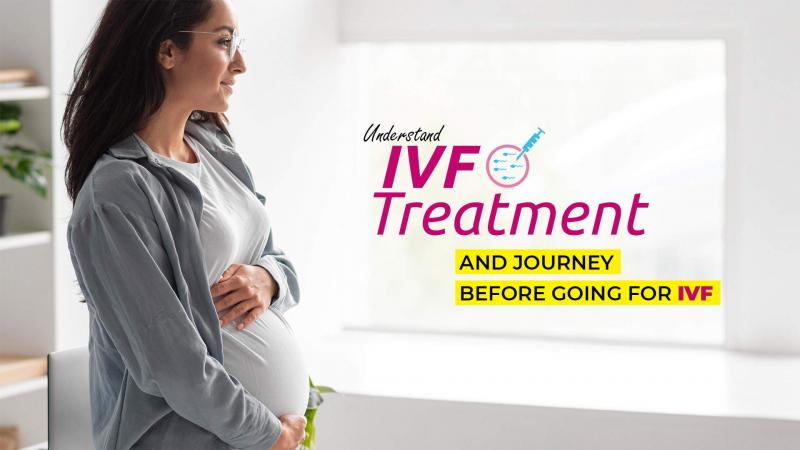
We all have heard about IVF or In Vitro Fertilisation a lot, but how much do you know about IVF treatment and pregnancy?
Many couples have been trying to conceive a baby for years and failing every time. For those childless couples, the IVF journey can be miraculous and exciting, if they will understand the IVF process from the start.
So let's learn about IVF and find your answers to infertility.
What is IVF?
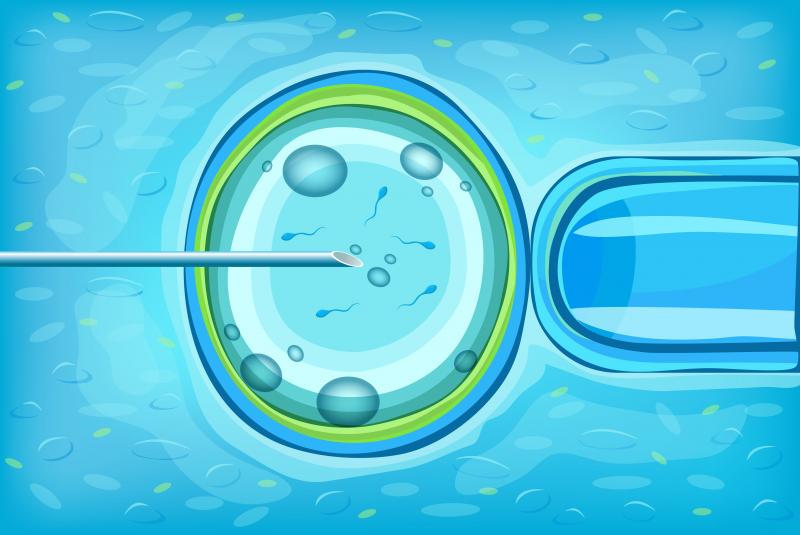
IVF or In Vitro Fertilisation is a technique that involves monitoring and stimulating a woman’s ovulatory process, removing an ovum or ova from her ovaries, and letting human eggs fertilize in a laboratory with sperm provided by her partner or donor. IVF treatment is used to treat infertility and other genetic problems.
What is the process or stages of IVF treatment?
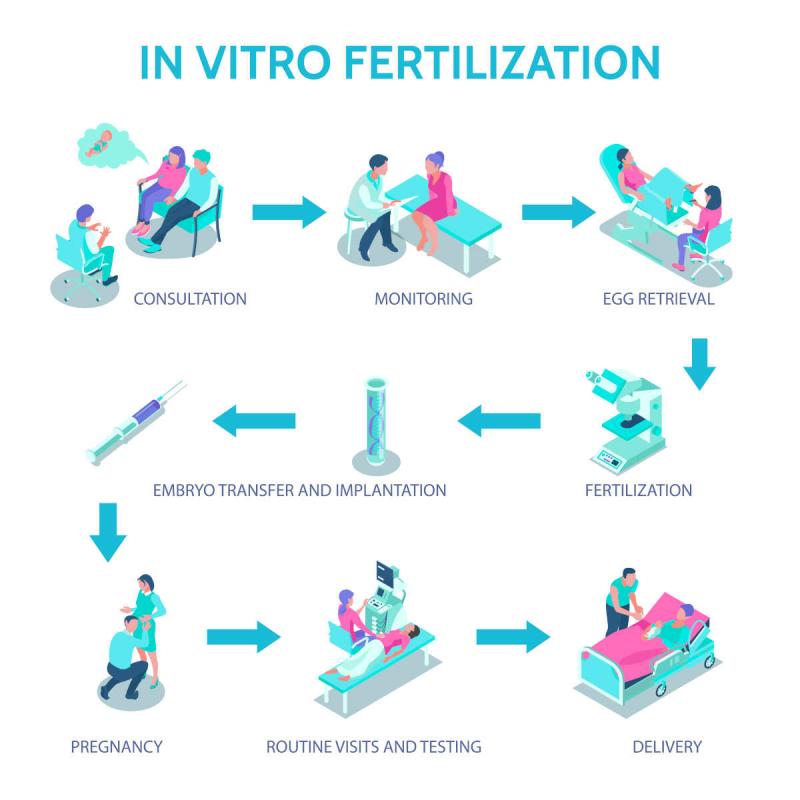
There are five stages involved in IVF:
1. Stimulation
Normally a woman fosters one egg during each menstrual cycle but IVF requires multiple eggs. Multiple eggs increase the chances of growing a viable embryo. To stimulate a woman's ovaries, there is an injection of fertility hormones through which she may produce several eggs. To monitor the production of eggs, regular blood tests and ultrasounds are performed by the doctor and your doctor will let you know when to retrieve the eggs.
2. Egg Retrieval
Egg retrieval is a surgical procedure that is performed with anesthesia and is also known as follicular aspiration. An ultrasound wand is used to guide a needle through the vagina into the ovary, and an egg-containing follicle. The needle will pull eggs and fluid out of each follicle one at a time.
3. Insemination
Once the egg retrieval process is done, the male partner will need to give a semen sample. Insemination is the process of mixing the sperm with the eggs in a petri dish. Both eggs and sperm are stored in an environmentally controlled chamber. After a few hours of insemination, the sperm often enters an egg. In case, the doctor finds the chance of the fertilization is low, the sperm may be directly injected into the egg. This process is called Intracytoplasmic sperm injection (ICSI).
4. Embryo Culture
When the fertilized eggs start to divide and develop, it becomes an embryo. The embryos are then sent to laboratory staff to check and make sure it is growing properly. Couples who have the genetic disorder may consider pre-implantation genetic diagnosis (PGD) to reduce the risk of passing genetic disorder. This procedure can be done 3 to 5 days after fertilization where laboratory scientists take out a single cell or multiple cells from each embryo and monitor the material for specific disorders.
5. Transfer
Implantation can be possible when the embryos are big enough which normally happens within 3 to 5 days after fertilization. This involves inserting a thin tube called a catheter inside the vagina, past the cervix, and into the uterus.
After 6 to 10 days when the embryo implants itself in the uterine wall the chances of pregnancy occur. To check the result, a blood test is done to determine the pregnancy. And the remaining healthy embryos can be stored safely for later use if needed.
IVF procedure can be performed either by collecting sperm or eggs from a donor or a surrogate may carry the pregnancy.
IVF success rate
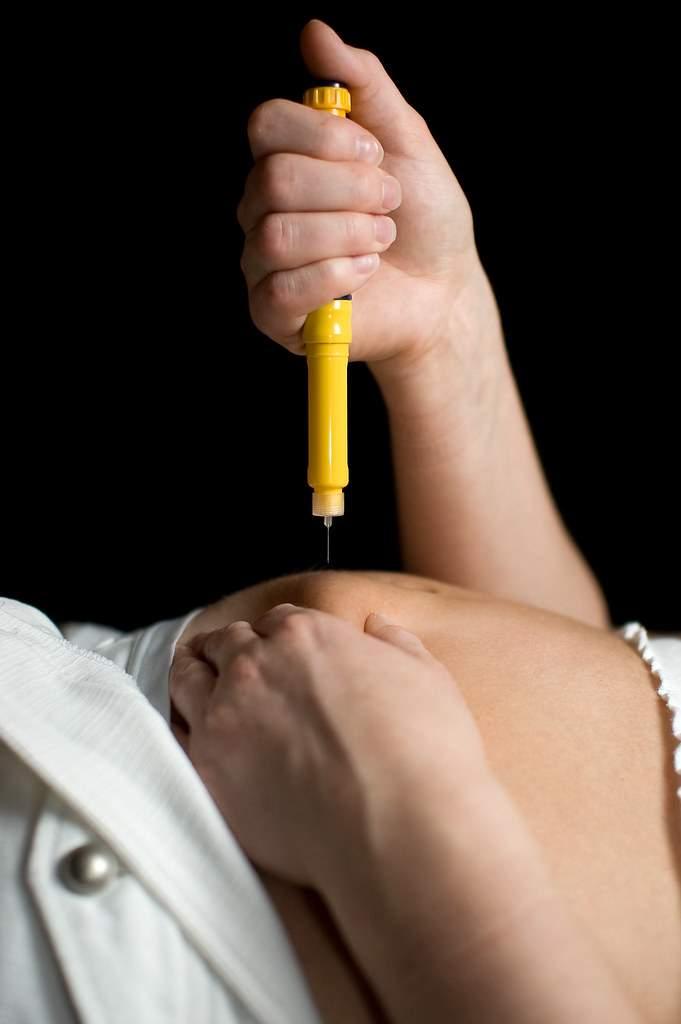
Women younger than 35 years of age have a higher chance of becoming pregnant and having a baby through IVF whereas older women have a lower chance as the chance of success decreases with age. On average, a woman has a cycle of IVF, about a 1 in 5 chance of becoming pregnant and having a baby and by the age of 44, IVF success rate declines from 1 in 10. In some women's cases, they need up to 5 cycles of IVF treatment to be successful, while some never become pregnant.
Costs of IVF
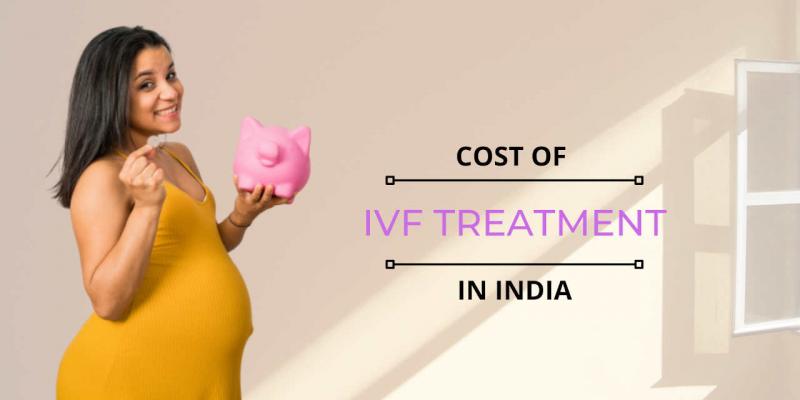
IVF journey is a long journey that comes with repeated cycles and will put you on an emotional and physical toll. IVF treatment may cost you a lot, but if you will choose the right IVF clinic and expert then you can save a lot of money and time while increasing your success rate. At down town hospital, we have highly experienced IVF experts who provide the best IVF treatment in the Northeast.
If you are thinking of going for IVF, then it is very important to talk to an IVF expert to understand your complications and IVF journey. Things you need to consider while consulting a doctor, discuss the risks, benefits, and alternatives.
Remember, the chance of giving birth to a healthy baby through IVF depends on various factors such as embryo status, maternal age, causes of infertility, reproductive history, and lifestyle factors. Therefore, to make a better-informed decision talk to our IVF expert.